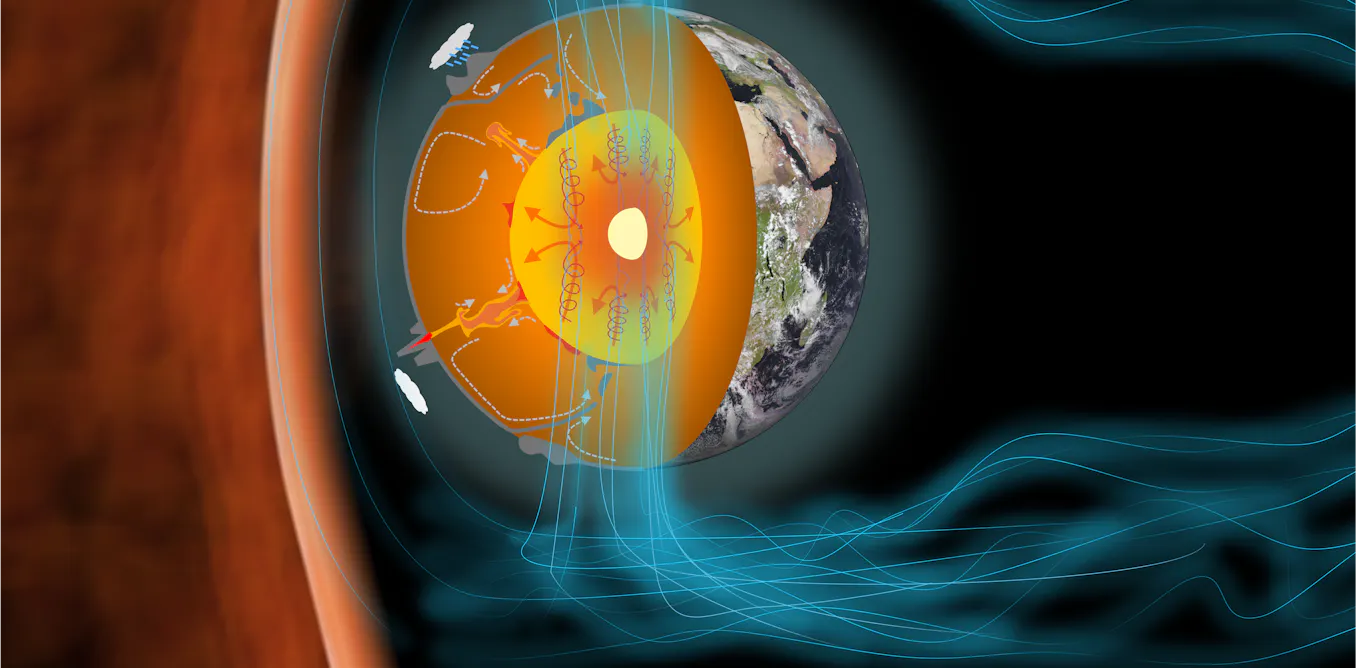By Jc Reporter,Jewish News Syndicate
Copyright thejc

A surge in obsessive compulsive disorder (OCD) symptoms has been detected in survivors of the Hamas-led massacres on October 7, 2023, suggesting acute trauma can lead to the onset of the condition. Researchers at Hebrew University collected data from 132 adults participated, including 66 October 7 survivors and 66 control subjects from other areas of Israel who were not directly affected. Nearly one in four of the survivors reported new-onset OCD symptoms after the attacks, with many others seeing pre-existing symptoms worsening, according to the study, published in the medical journal Psychotherapy and Psychosomatics. Four to six months after the terror attacks, nearly 40 per cent of the participants who had been directly exposed to the violence of October 7 met the criteria for probable OCD, compared with just seven percent of the control subjects, according to the research. These findings provide the first direct evidence that acute trauma can trigger new-onset and worsening OCD symptoms, the researchers said. “This is the first time we’ve been able to show directly that acute trauma can also trigger obsessive-compulsive symptoms,” either sparking OCD or intensifying existing symptoms, said Hebrew University’s Professor Eyal Kalanthroff, who co-led the study along with Professor Helen Blair Simpson, a leading authority on OCD and trauma at Columbia University in the US. Psychologists have long suspected a connection between trauma and OCD, given the high overlap with post-traumatic stress disorder (PTSD), but most of the evidence collected to date has been limited. The new findings suggest that trauma severe enough to bring about PTSD may also trigger OCD – even if the condition was not previously present – with PTSD symptom severity partially explaining the rise in compulsive behaviors. The most common new symptom among respondents was compulsive checking, often tied to fears of invasion or safety. Survivors described repeatedly verifying locks, windows and doors, behaviors that offer a fragile sense of control in an environment where control had been violently stripped away. Other symptoms were also evident, ranging from compulsive cleaning to ordering. While the findings are striking, the researchers acknowledged they were limited by their reliance on self-reported symptoms rather than clinical interviews. Commenting on the research, Professor Simpson said: “Treatment for trauma-related disorders needs to be more holistic. Clinicians should consider OCD symptoms alongside post-traumatic stress, because missing them means leaving people untreated for a condition that can deeply affect their lives.”



